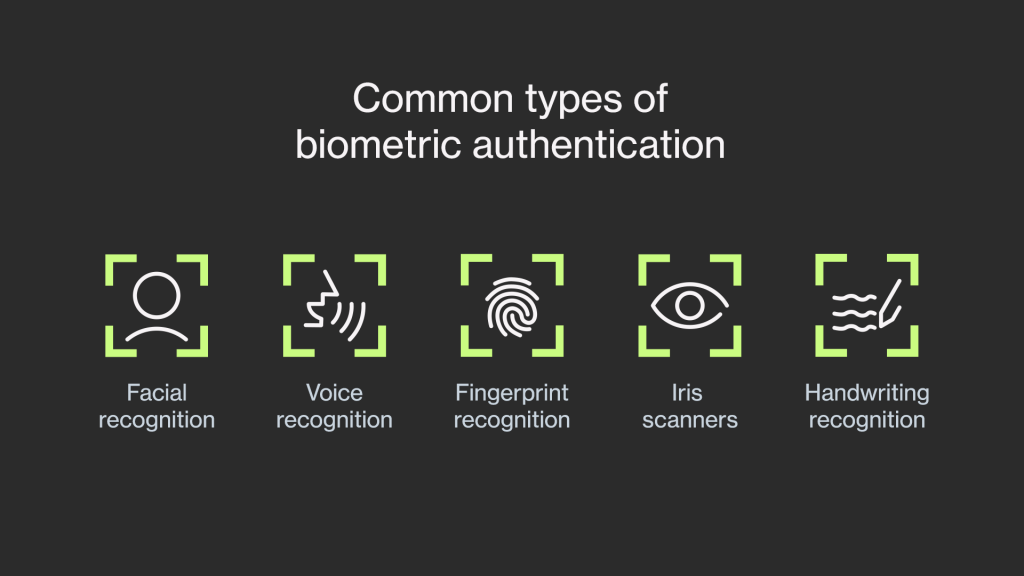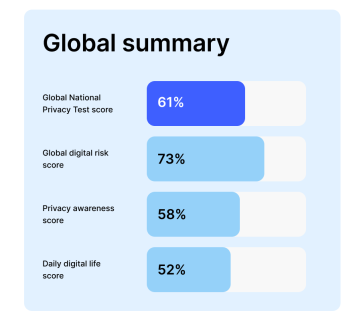The international Internet Freedom day is celebrated every year on 18th January in nations around the world and it is the day that internet activists take pride in a people free to express themselves on the internet or take to the streets to be heard on matters concerning the same.
Introduced about three years back, the 2015 celebration will be its 3rd anniversary celebration after the day was marked by web activists to commemorate the triumphs of two campaigns dubbed Stop Online Piracy Act (SOPA) and Protect Intellectual Property Act (PIPA).
The events leading to the victory involved a group of activists who rallied large numbers of internet users to support the concept of an open internet across various sectors. The 2012 campaign was so huge that it caused websites to shut down, among them the Wikipedia English site.
Also backed by Google, the anti-SOPA campaign drivers said the act, which was meant to curb online content piracy, would bring about disastrous consequences for online free speech. The two acts were done away with and today, internet advocates use the day to voice their concerns or achievements.
Kenya will have no much reason to join the world in celebrating the day of Internet freedom as it has recently been scathed with mixed concerns from Internet users as well as citizens alike, following the recent jailing of a University student for insulting the President through a blog spot.
People have raised concerns of the fact that other bloggers who have behaved in the same manner, talking ill of political figures, received different treatment from the courts, with the likes of Robert Alai escaping with a fine and Moses Kuria (an MP) getting a warning and directive to post apologies.
Wadi, the university blogger was hit with a 2-year jail sentence, and regarding the comments that followed, it will be hard to see internet users in Kenya take notice of the day if not to voice their concerns regarding the same.
Kenyans should be celebrating though, if we were looking at the internet freedom situation in Tunisia. That is a different case all together, people have been jailed and put behind bars so quickly for posts on social media that the governing body (military courts) cited as offensive.
A recent situation is when a blogger was jailed for three years, earlier this year, for criticizing the military through facebook posts, a situation that lead an international body to intervene asking that the directive be reversed and laws be changed. The accused was not even present at the trial.
In neighbouring Uganda, it is not all doom as the country is gearing for the day with a list of changes it would like the government to make in the Cyber Legal framework that stifled citizens’ enjoyment of internet freedoms and digital rights in the past year.
The changes came about after the country’s regulator Uganda Communications Commission (UCC) signed a memorandum of understanding (MoU) with the country’s police force, causing a stir in the country about the threats the said partnership would bring upon unsuspecting citizens.
According to Unwanted Witness, the organisation behind the proposition to amend cyber laws in Uganda, 2014 was faced by incidents that threatened the rights of citizens to privacy and freedom of expression online and such incidents should be checked.
These threats were propelled by the existing laws, which include a Computer Misuse Act and National Information and Technology Act, but to mention a few. The group cites that the online incidents seeking to control cyber space, if unchecked would become worse in times to come.
Unwanted Witness, a civil society organisation that seeks to let voices heard by advocating for safe and accessible online platforms, tabled the various law issues that it would want changed for the sake of internet users in the country.
Among the mentioned concerns include;
- Internet monitoring units that were established in major security organs across the country. The units pose a threat to self censorship among citizens from expressing freely and exercising right to access information online
- An 80 Million Dollars surveillance project that will see the Uganda government set up surveillance systems to enforce a law on intercepting communication. There are no set standards.
- A drafted privacy and data protection bill that is feared to not see the light of day anytime soon.
- The establishment of a cyber crime unit under the Uganda police force – the organisation is concerned that not knowing the unit’s powers causes a “chilling effect” in internet freedoms enjoyment.
- An anti-people cyber legal framework – according to the organisation the laws give government full control over citizens’ internet use.
- Major target on Social media through a penal code designed to incriminate online activists – in most cases the code has been used to wrongly charge activists of crimes.
As most of the concerns may sound unwarranted (maybe it’s because I have adapted to coping), at least Uganda is doing something to take the freedoms and rights of expression and sharing of information to the online world.





